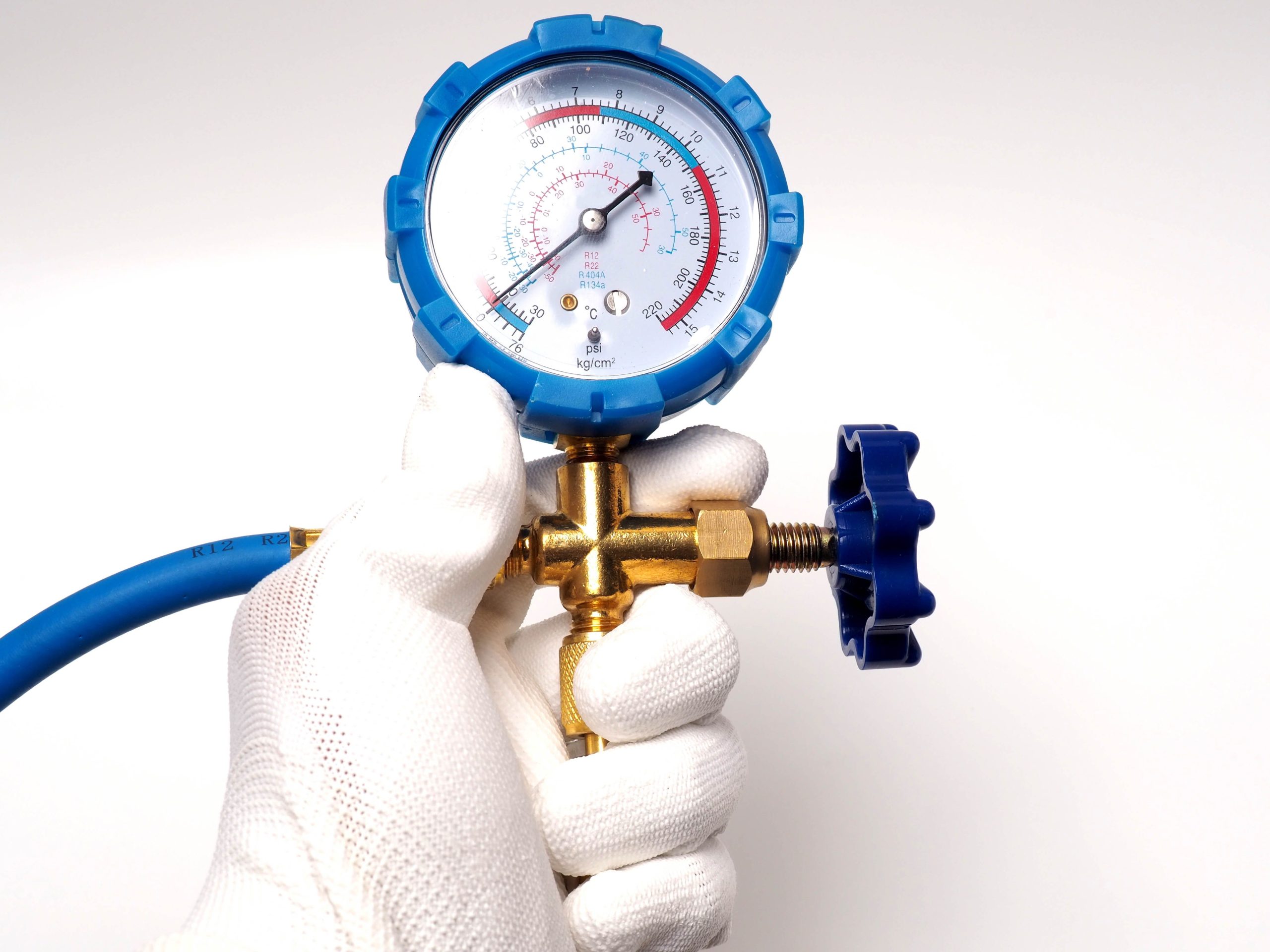Why Backflow Testing is Non-Negotiable for Plumbing Safety
27 February 2024
Understand the critical importance of backflow testing for plumbing safety in Melbourne. Protect water quality with our experts at L&C Harding. Call us now!
Clean drinking water is something we often take for granted in Melbourne. However, without proper plumbing safeguards, contaminants can enter the water supply and pose health hazards. One critical procedure that prevents this is backflow testing. It validates that backflow prevention devices are working properly to maintain potable water safety.
Understanding the risks of backflow highlights why testing is so important. Let’s explore what’s at stake, how backflow testing provides peace of mind, and how plumbers like L&C Harding keep Melbourne’s water safe.
What Are the Risks of Backflow?
Understanding the risks associated with backflow is crucial for maintaining the safety of our water supply. Let’s explore four key dangers posed by backflow incidents.
• Contamination of Potable Water – Backflow can introduce harmful substances, such as chemicals, bacteria, and debris, into the clean water supply. This contamination compromises the quality of our drinking water, posing serious health risks to consumers.
• Health Hazards – Contaminated water resulting from backflow can lead to various health issues, including gastrointestinal illnesses, skin infections, and respiratory problems. Vulnerable populations, such as children, the elderly, and individuals with weakened immune systems, are particularly susceptible to these health hazards.
• Legal and Regulatory Implications – Backflow incidents can result in legal and regulatory repercussions for property owners and plumbing professionals. Failure to comply with backflow prevention regulations may lead to fines, penalties, and legal liabilities, tarnishing reputations and incurring financial losses.
• Damage to Plumbing Infrastructure – Backflow can exert undue pressure on plumbing systems, potentially causing damage to pipes, valves, and fixtures. The corrosive nature of certain contaminants in backflow can accelerate wear and tear on plumbing infrastructure, leading to costly repairs and replacements.
Importance of Backflow Testing
Backflow testing plays a critical role in maintaining the safety and integrity of our water supply. Let’s delve into three key reasons why backflow testing is essential for plumbing safety.
• Ensuring Water Purity – Backflow testing helps verify the functionality of backflow prevention devices, ensuring that contaminants do not infiltrate the clean water supply. By identifying and rectifying potential issues, backflow testing safeguards the purity of our drinking water, protecting public health.
• Compliance with Regulations – Many jurisdictions, including Melbourne, have stringent regulations mandating backflow prevention measures to safeguard water quality. By conducting regular backflow testing, property owners and plumbing professionals can demonstrate compliance with these regulations, avoiding potential legal penalties and liabilities.
• Preventing Health Risks – Backflow incidents can introduce harmful substances, such as chemicals, bacteria, and pollutants, into the water supply, posing significant health risks to consumers. Regular backflow testing helps mitigate these risks by identifying and addressing vulnerabilities in the plumbing system, thereby safeguarding public health and well-being.
Don’t take shortcuts when it comes to water safety for your family, customers, or the public. Ensure your plumbing has the proper backflow prevention devices installed. Then, be diligent about annual backflow testing. Partner with L&C Harding Plumbing to manage your building’s backflow protection from installation to ongoing testing and certification. Talk to us today to learn about our plumbing services that provide peace of mind.

